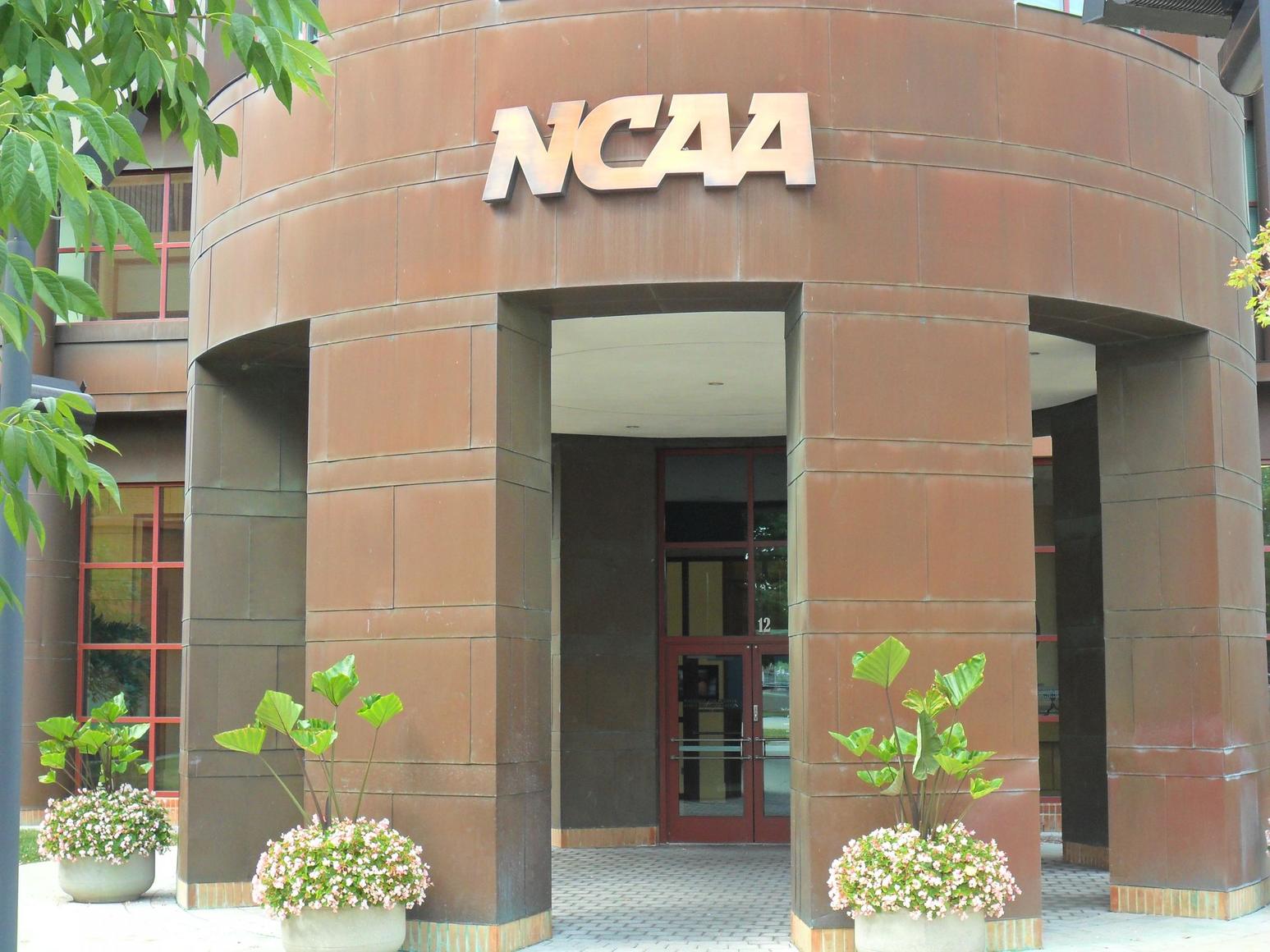Internal Emails Show NCAA Questioned Authority to Sanction Penn State

Internal NCAA emails released yesterday as part of of Senator Jake Corman’s lawsuit show that NCAA officials questioned their own authority to sanction Penn State and that it was banking on Penn State being “so embarrassed they will do anything” when it handed down its severe sanctions in July 2012.
The filing, which can be read here or below, was part of Corman’s response that challenged the NCAA’s assertion of privileged emails. The NCAA was forced into the discovery phase of the lawsuit, which is aimed at using the $60 million fine for Pennsylvania programs instead of giving it to national organizations. Corman asked the judge to privately review 477 documents the NCAA is still withholding, which is the purpose of this filing and why these emails came to light.
“We could try to assert jurisdiction on this issue and may be successful but it’d be a stretch,” wrote former NCAA Vice President of Enforcement Julie Roe in an email on July 14, 10 days before the sanctions were announced. “I characterized our approach to PSU as a bluff when talking to Mark [Emmert] yesterday afternoon after the call. He basically agreed b/c if we make this an enforcement issue, we may win the immediate battle but lose the war when the COI [Committee on Infractions] has to rule.”
Not only did the NCAA admit that it was bluffing Penn State when it extorted it into signing the consent decree — it admitted that, without Penn State complying out of embarrassment (or whatever reason Old Main gives these days), it didn’t have jurisdiction to act.
“I know we are banking on the fact the school is so embarrassed they will do anything, but I am not sure about that, and no confidence conference or other members will agree to that,” wrote NCAA Vice President of Academic and Membership Affairs Kevin Lennon on the same day. “This will force the jurisdictional issue that we really don’t have a great answer to that one…”
The emails also show that the officials question whether Penn State received a competitive advantage as a result of Jerry Sandusky’s abuse not coming to light sooner, which was at the heart of the justification for the sanctions (i.e. vacating wins because, had Sandusky’s conduct been revealed in 1998, Penn State wouldn’t have been able to attract the level of talent it did during that time).
“I think Mark believes based on conversations with some presidents that PSU did gain an advantage although Berst, Wally and I disagree with that point,” Roe wrote. “The point some have made is that had PSU dealt with this in 2001, they might have suffered a recruiting disadvantage due to the bad publicity at that point. Given that they have a decent recruiting class now, not sure this holds up.”
“Delicate issue, but how did PSU gain a competitive advantage by what happened?” Lennon wrote. “Even if discovered, reported, and actions taken immediately by the administration, not sure how this would have changed anything from a competitive advantage perspective.”
To recap: these emails reveal that the NCAA knew it had no jurisdictional claim over an inherently criminal matter but chose to act anyway, banking on Penn State’s compliance. Of course, the rest is history — Penn State President Rodney Erickson, with the backing of Board of Trustees leadership, did comply to the NCAA’s extortion, despite it being characterized here as a “bluff.” The actual reasons for that decision are still hidden behind a wall of public relations flack — I tend to think it had something to do with the corporate “apologize and move on” method of management that permeates Penn State leadership these days — but these emails expose the NCAA for extremely questionable governing practices at the very least.
If this sort of blunt language is in the emails the NCAA chose NOT to fight, imagine the stuff in the ones it did. In any case, discovery should be fun.
UPDATE 4:10 p.m.
The NCAA released a statement on its website defending these emails. Read it for what it’s worth — no comments revealed in the emails above are addressed directly, or even at all.
Debate and thorough consideration is central in any organization, and that clearly is reflected in the selectively released emails. The national office staff routinely provides information and counsel to the membership on tough issues. The NCAA carefully examined its authority and responsibility to act in response to the athletics department’s role detailed in the Freeh report. Ultimately, advised by all information gathered the Executive Committee determined to act and move forward with the Consent Decree.
UPDATE: 6:05 p.m.
Now Penn State released a statement regarding the emails, signed by President Eric Barron and Board of Trustees Chair Keith Masser, and this one packs some punch:
We find it deeply disturbing that NCAA officials in leadership positions would consider bluffing one of their member institutions, Penn State, to accept sanctions outside of their normal investigative and enforcement process.
We are considering our options. It is important to understand, however, that Penn State is in the midst of a number of legal and civil cases associated with these matters.
We therefore have no additional comment.
We also want it to be clear. Penn State’s commitment to the fight against child abuse and to the implementation of best practice governance, ethics and compliance programs and policies remains steadfast.
Your ad blocker is on.
Please choose an option below.
Purchase a Subscription!



![[Photo Story] Penn State Women’s Hockey Defeats Robert Morris At Beaver Stadium](https://i0.wp.com/cdn.onwardstate.com/uploads/2026/02/Penn-State-Womens-Hockey-vs-Robert-Morris-25.jpg?resize=1000%2C500&ssl=1)
